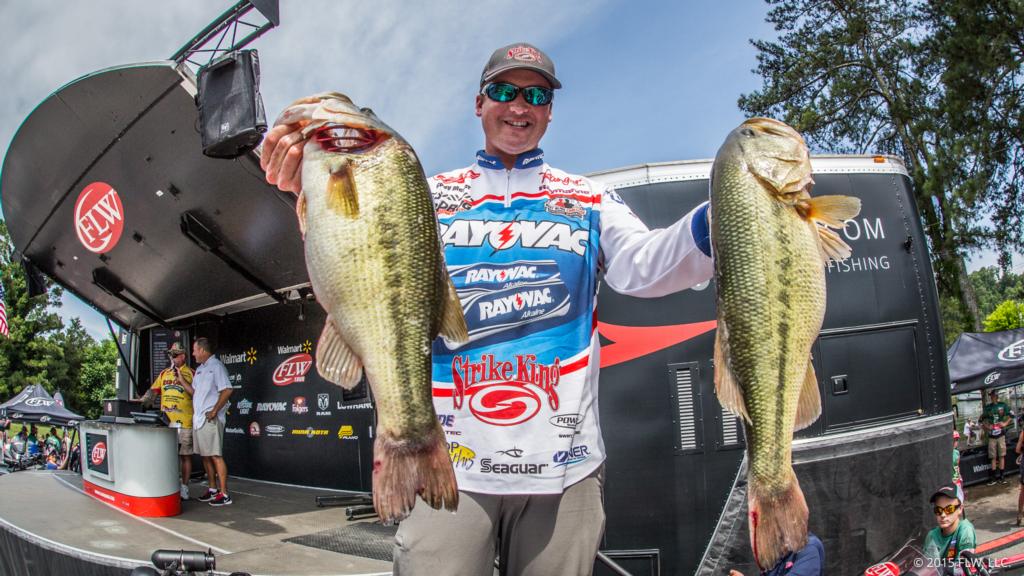Are You Sponsor-Friendly?
3 things to consider before approaching a potential sponsor

Other than winning a major tournament, getting and keeping sponsors might be the most difficult thing a pro or aspiring pro can do. There’s no doubt that some companies are constantly bombarded by fishermen who want to be on their pro-staffs. From my experience, the most successful fishermen are the ones who realize that companies sponsor them to help sell products. This entails actively promoting a company and its products, being well-spoken and never missing a chance to plug a major sponsor, and just generally projecting a positive image.
I think there are three critical things that fishermen need to consider when they’re getting ready to make a pitch to a potential sponsor:
1. If a company is going to help you, you’ve got to be prepared to help it. It’s not just about wearing its logo all over your boat and jersey. Helping out might involve taking part in seminars, or making appearances at company functions and that sort of thing. If you’re the type who enjoys that sort of work, then great. But sometimes you might have to go to places you’d rather not go. If you take the attitude that you’re doing the company a big favor, or griping all the time about what you have to do to fulfill your sponsorship obligations, chances are you’re not going to have that sponsor very long.
2. Your relationship with a sponsor will be a lot more rewarding for both of you if you believe in the products or services that you’re helping to promote. If you don’t use a sponsor’s products, you’re going to come across as insincere, and it will catch up to you eventually. If you have to embellish or exaggerate, it’s better for you to get out of that arrangement. Also, most of us would agree that it’s unethical to pitch a product that you don’t really believe in to guys who work their tails off at regular jobs and have enough money left over once in a while to buy some lures or other tackle.
3. If you’re just getting started and on your way to becoming a full-time pro, don’t expect to start at the top with a super deal. It’s not going to happen, unless one of your relatives owns a tackle company. You have to work hard and earn your keep, and it’s going to take a lot more than just putting your boat in the water and going fishing. It certainly makes the process go a lot faster if you win or top-10 a few tournaments along the way.
As far as negotiating with a potential sponsor, there aren’t any hard-and-fast rules. Ask yourself how hooking up with a particular company is going to advance your career. If it’s a top-tier company that already has some big names on its pro-staff, that’s an advantage in itself. Otherwise, network with some other anglers you know who should be able to give you some good advice based on their experiences.
Finally, if you switch from one tackle company to another, don’t take any shots as you head out the door; don’t burn any bridges. You’re leaving because it’s a better deal that your former sponsor can’t match – that’s your story, and you want to leave on good terms with everybody having a positive impression of you.
All things considered, the fishing business is a pretty small neighborhood. The guy that ran the pro-staff at one company you just left might wind up running the pro-staff at the sponsor where you are now. He can help you, or he can hurt you.